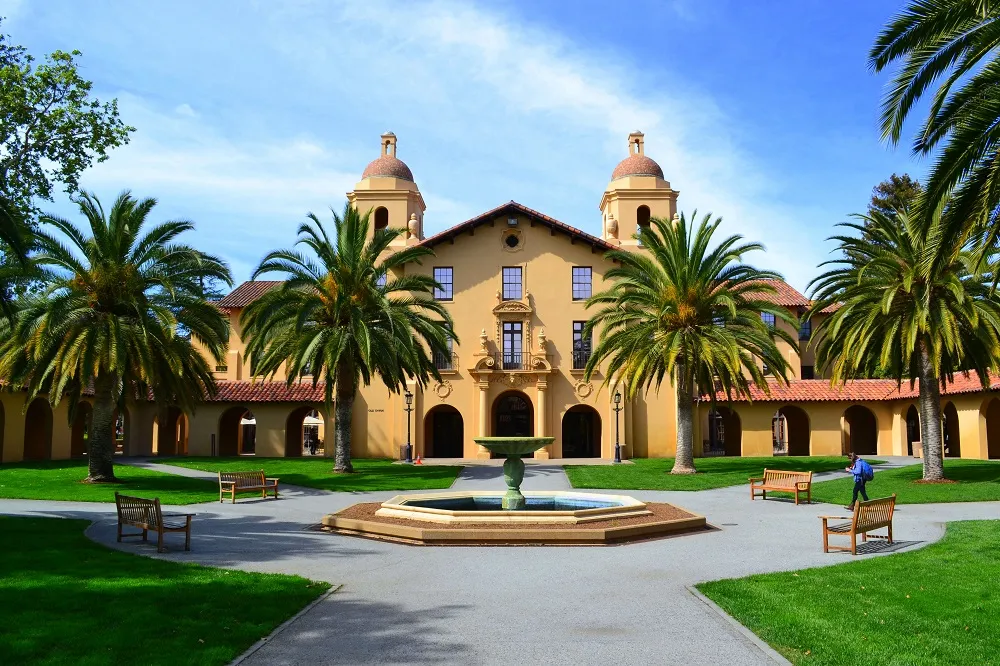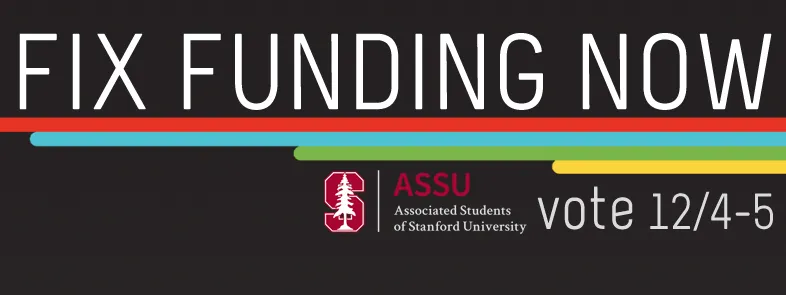Table of Contents
There’s been a lot of talk on Fiat Lux about Special Fees policies recently; my friend and colleague Quinn Slack, a former ASSU elections commissioner, has been writing extensively on the topic (and also wrote a very intriguing proposal for a market-oriented system of “activity vouchers” to replace Special Fees for the Review print edition). But one controversial aspect of the Special Fees process has not yet been addressed: the ongoing debate about whether the names or SUID numbers of students requesting refunds should be released to VSOs
The problem, as the Daily editorial board put it, is simple:
[Under] current rules, a student might vote to approve a group’s special fees funding in the spring, request a refund the following quarter, and yet continue to use that group’s services for the rest of the year.
Because VSO officers currently have no way of knowing which students have “taken back” their money, they cannot deny services, membership, admission, or participation to refund-requesters. This is a major problem for two reasons. First, it hurts VSOs and the ASSU because students have no incentive to refrain from requesting refunds, which can and has cause significant budgetary problems for individual groups and the Senate. Second, it cheapens and distorts the voting process, because students know that their vote really doesn’t mean anything for them personally. Why not just vote yes on everything- or vote yes on everything your friends ask you to support- if you can just get your money back later with no negative consequences? The current system essentially gives many students who request refunds a “free lunch,” while imposing extra costs on many students who don’t vote or request refunds.
(I should mention that I have absolutely no objections to refund requests in general, whether they’re motivated by ideological disagreements (a devout Catholic who refuses to support the SHPRC), the fact that the student has no intention of ever using a particular group’s services (a white student who requests a refund from the BSU), or basic financial considerations. I just have a problem with the lack of association between votes, refund requests, and access to VSO services.)
So what should be done? First, I think that the Senate and GSC should authorize the release of names or SUID numbers of refund-requesters to VSOs. This would allow student groups to deny services or membership to students who do not support them financially- pure common sense- and maybe cut down on refund requests a bit (although I’m not too hopeful). Opponents of this policy often cite legal concerns, but Stanford’s Office of Legal Counsel recently reported that the policy would be perfectly legal. And “privacy concerns” aren’t really an excuse- provision of Special Fees is, in some ways, a muddled kind of contract between the student body and the VSO, under which the VSO provides services to all interested students in exchange for their financial support. A refund request is essentially a student’s decision to void that contract in their case; the VSO, as the other party to the contract, has a perfect right to know about that decision so it can take appropriate action.
Other detractors of the name/SUID release policy, like former Senator Anton Zietsman ’11, argue that practical considerations will make it “nearly unenforceable.” But a properly planned and executed system could make it work. All the administration & ASSU have to do is get the names of students requesting refunds, and then send this information to the VSOs when the refund period closes (which would create a two-week lag, but it’s better than nothing). I bet one of my CS section leader friends could design that system in less than a day. Once the information reaches the VSOs, then the ball is in their court. And I think that VSO officers would find effective ways to take action based on this information. Perhaps the best strategy would be to make financial support of the group a binding requirement for membership or participation.
In addition, I would like to propose one other change: the ASSU should make it impossible for students who vote “yes” on a group’s budget to request a refund from that group. This, I think, is the more important reform, since it would make Special Fees votes actually mean something; students (if you’ll pardon the cliche) would be forced to put their money where their mouths are. Students would have a greater incentive to actually scrutinize the ballots and make informed decisions about which groups they were willing to support if they knew that a “yes” vote was a real commitment to paying for the group’s operations. Making students accountable for their votes would, in my opinion, vastly improve the Special Fees system.
Of course, there’s always Quinn’s “activity voucher” proposal, which is starting to look quite attractive…








